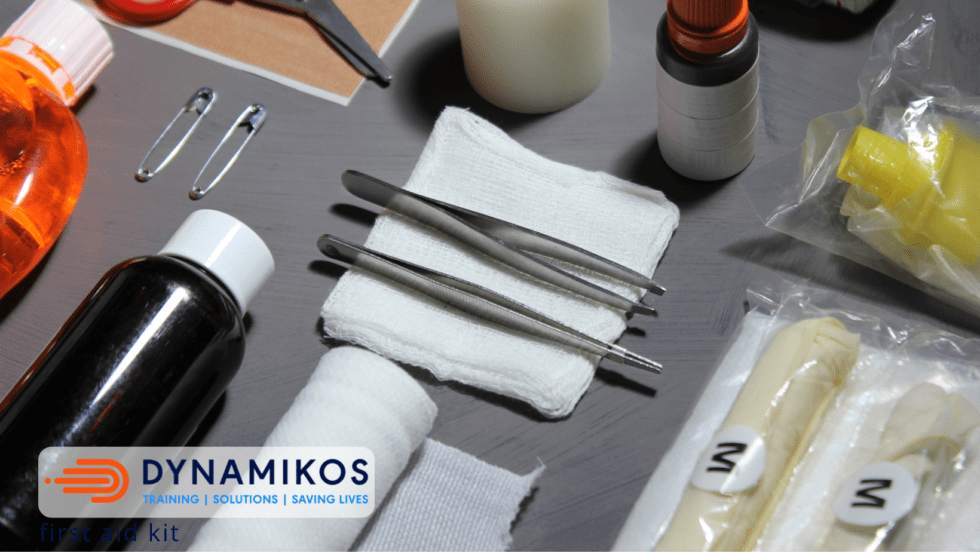
First aid kit contents include a basic list of requirements for every first aid kit, however alongside those, industry/individual specific items can be added, examples include, but are not limited to, Burnshield, space/rescue blanket and eye rinse.
According to the Occupational Health and Safety Act (OHSA), no medications are listed as a requirement within a first aid box. Medically registered individuals are the only people that can administer any medication, including Ibuprofen, Antibiotics, Tramadol, Aspirin and all other medicine. First aiders are therefore not authorized to administer medication.
If an individual has prescribed medication, as a first aider, administration of this medication is also limited. The individual is ultimately responsible for the administration of their own medication.
WHY CAN FIRST-AID-TRAINED INDIVIDUALS NOT ADMINISTER MEDICATION?
WHY CAN FIRST-AID-TRAINED INDIVIDUALS NOT ADMINISTER MEDICATION?
First aid trained individuals are not medically registered. This includes being trained in First Aid Level 1, Level 2 or Level 3. Medication should therefore not be kept in a basic first aid kit due to the possible adverse outcomes.
The reasons behind this include:
The potential misuse of the medications - Individuals could become addicted; they could lie about their consumption or could take advantage of constant free access to the given medication.
Incorrect diagnosis of the casualty - For any medical practitioner to give medication to another individual, they would first have to correctly diagnose the casualty. This often requires testing, and additional skills far beyond those of a first aid certified individual. First aiders are not trained to diagnose conditions, their role is rather to keep the casualty calm and comfortable, while promoting recovery, until a medical professional arrives.
The possibility of an allergic reaction - Allergic reactions range from mild to severe (anaphylaxis) and the effects could be fatal. A major concern is the casualty is likely to have trouble breathing and could ultimately die shortly after exposure to the allergen.
Medical history of the patient is unknown - The issue regarding understanding a casualties medical history pertains to possible pre-existing conditions that you may be unaware of. The individual could also be taking additional medication for the condition being treated, leading to an overdose or possibly negative interactions between different medications. The patient could also have underlying conditions which could worsen as a result of the given medication.
It’s illegal - In terms of the legislation in South Africa it is illegal to administer and dispense medication without a registered license to do so. The consequences of such an act can result in criminal prosecution and a criminal record for the individual responsible.
The purpose of first aid is to: preserve life, prevent the condition from getting worse and to promote recovery. A first aid certificate does not qualify an individual to administer medication, however it enables them to protect and save the casualty’s life.
